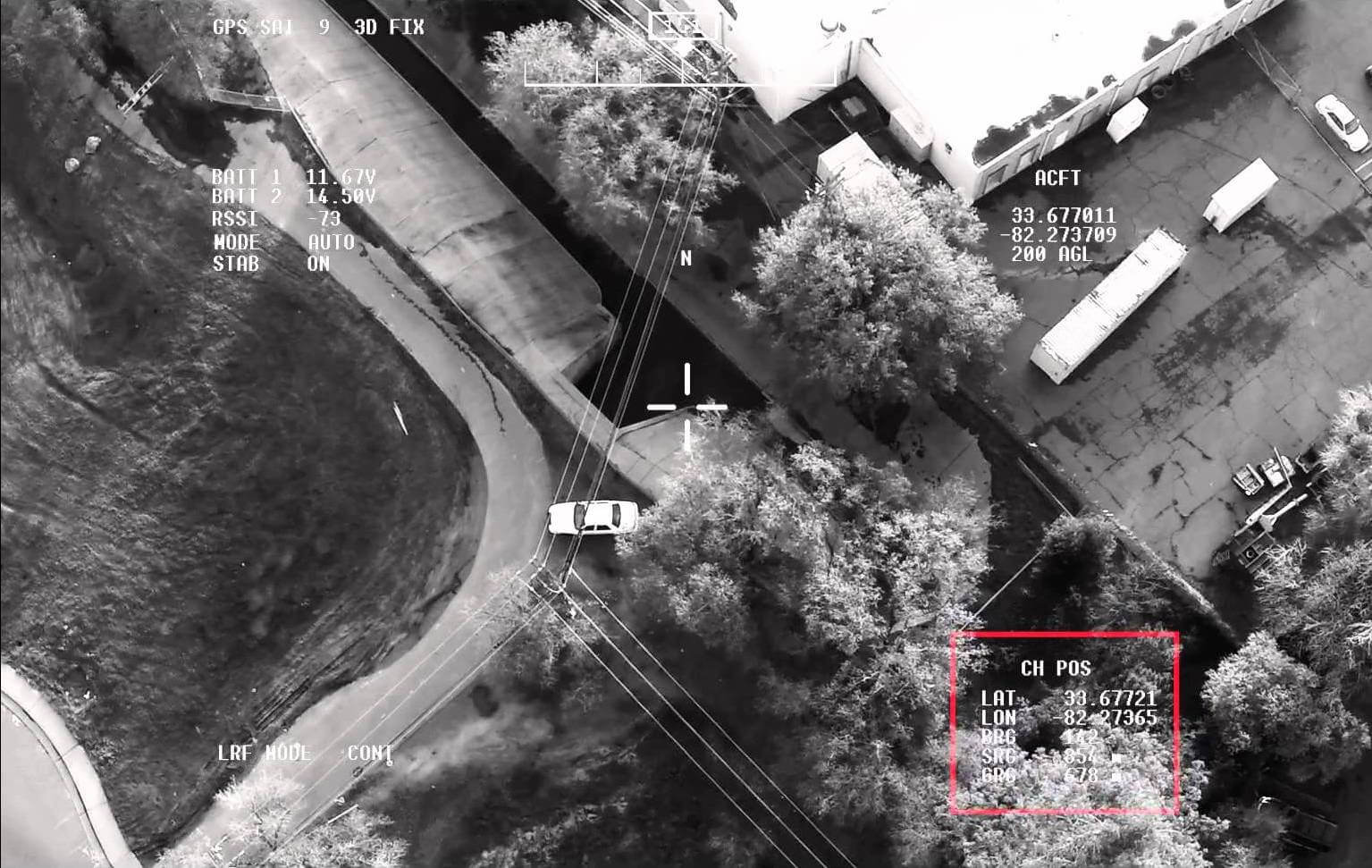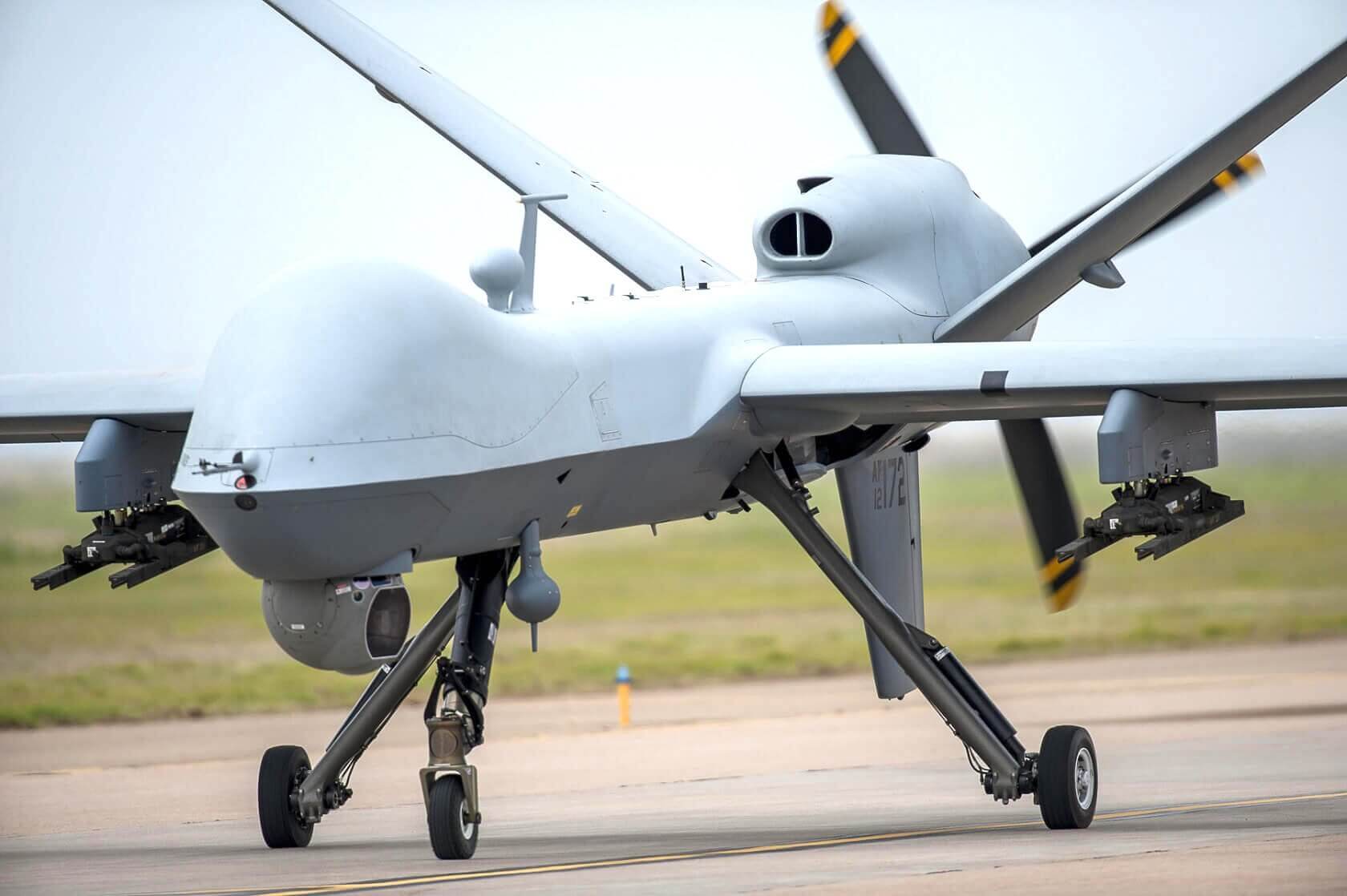In context: Over half of the video taken by aerial reconnaissance consists of hours of flight time and impenetrable weather conditions. Going through the video could be much more efficient if a computer could be trained to quickly scan footage while marking points for further human analysis.
Just over a year ago the Pentagon unveiled its Algorithmic Warfare Cross-Functional Team (AWCFT). Its mission was to develop or acquire machine learning algorithms that could be used to sift through thousands of hours of aerial drone footage. Codenamed Project Maven, it sought to increase the efficiency of video analysis.
Earlier this year, Google signed on to the project to provide AI and machine learning algorithms capable of object recognition. Despite insisting that the tech would be used for non-offensive purposes, the move stirred up a hornet's nest within the giant tech firm with employees signing petitions and even quitting the company over the decision.
Google tried to maintain work on the project, even coming up with a set of ethical guidelines for working on military contracts. However, in early June, the company decided the pressure was too much and announced that it would not be renewing its contract with the Pentagon, which expires next year.

Bloomberg reports that Former Deputy Defense Secretary Robert Work, who founded Project Maven is "alarmed" at the move. At a military tech event held in Washington on Tuesday, Work expressed his concerns over Google pulling out of the project.
"I fully agree that it might wind up with us taking a shot, but it could easily save lives. I believe the Google employees created an enormous moral hazard for themselves. They say, look this data could potentially, down the line, at some point, cause harm to human life. I said, yes but it might save 500 Americans or 500 allies or 500 innocent civilians."
Work also remarked on Google's perceived hypocrisy for working with Chinese firms. "Anything that's going on in the AI center in China is going to be the Chinese government and then will ultimately wind up in the hands of the Chinese military, [sic]" he said. "I didn't see any Google employee saying, hmm, maybe we shouldn't do that."
This is undoubtedly a setback for the Pentagon, since Google is considered a leader in the field of machine learning. However, it is not likely to change or shut down Project Maven. The contract will just be given to another AI developer.
Google has not responded to Work's comments.
